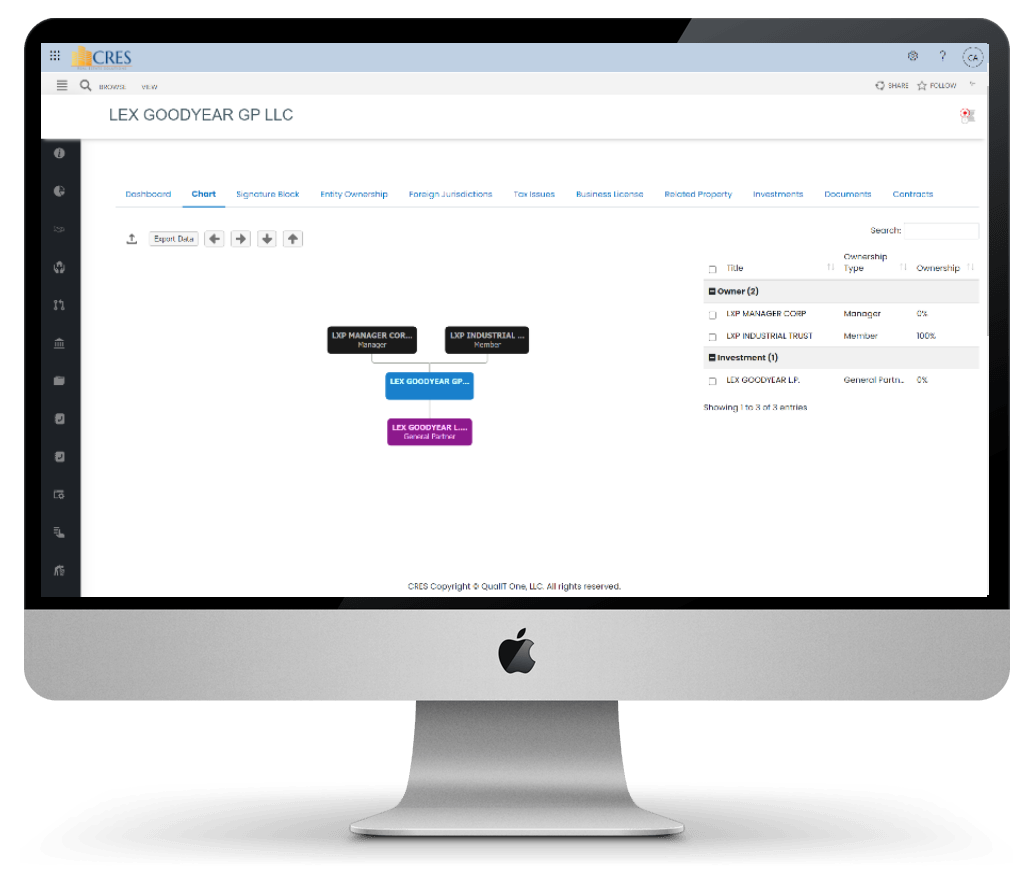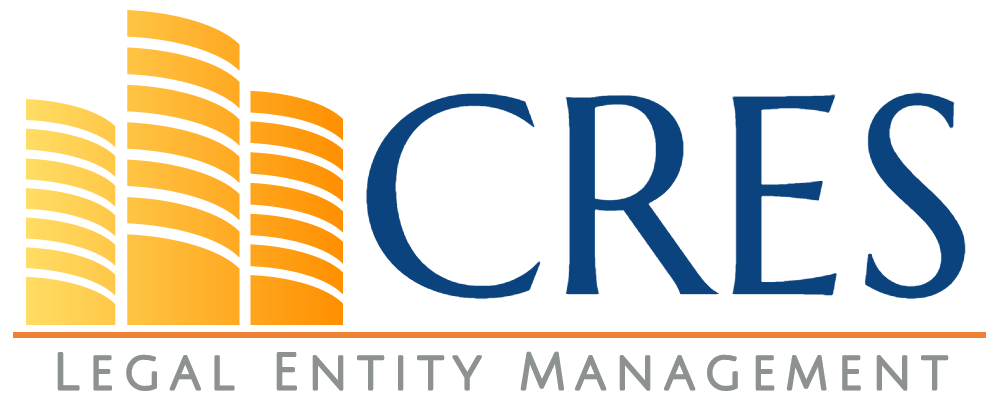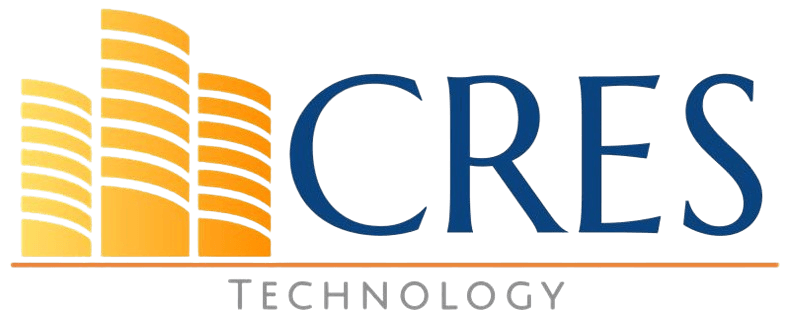
Let’s face it, the concept of Legal Entity Management seems far from exciting. Why? Because it’s complicated with lots of intricacies. But if you could get the right tool to handle all of the intricacies using automation and process control, wouldn’t that be exciting? If you’re a Real Estate Legal Professional sure, it’ll be. In this article, we delve into the key characteristics of a robust Real Estate Legal Entity Management System, shedding light on its pivotal role in optimizing operations and ensuring regulatory adherence.
Brief Overview of Real Estate Legal Entity Management Systems
Before we unravel the key characteristics, let’s paint a concise picture of what Real Estate Legal Entity Management System Entails. The ideal system must be a tailored solution designed to handle the intricate web of legal entities associated with real estate portfolios. From managing entity structures to navigating compliance landscapes to managing contracts, these systems act as the nerve center for the organization of the real estate domain.
Key Features of a Real Estate Legal Entity Management System
Almost all standard tools available in the market today, are missing many of the following key features that are integral for Real Estate Legal Entity Management.
1. Entity Structure Management

At the heart of a competent Legal Entity Management System lies the ability to efficiently manage and organize entity structures. This includes creating, modifying, and visualizing the relationships among various legal entities and properties, within a real estate portfolio. The system should provide a user-friendly visual interface for comprehensive entity structuring. Without such a capability, legal professionals must tediously maintain entity relationship diagrams.
2. Document Management
Effective document management is a linchpin for legal processes. A robust system should facilitate secure storage, retrieval, and version control of essential documents related to each legal entity. This ensures that legal teams can access up-to-date information swiftly.
3. Workflow Automation

Automation translates to efficiency. A good Legal Entity Management System automates repetitive tasks, accelerates approval processes, and ensures that workflow steps align with legal requirements. This not only enhances productivity but also mitigates the risk of manual errors or omissions.
4. Contract Management
In the real estate business, contracts are the lifeblood of transactions. The system must have comprehensive contract management capabilities, from drafting, negotiation, and signature routing to tracking and renewal. Contract Management goes hand-in-hand with Workflow Automation, to streamline transaction management processes.
5. Real Estate Portfolio Integration Capabilities
An effective Legal Entity Management System shouldn’t operate in isolation. It should seamlessly integrate with Real Estate Property Management Systems, offering a holistic view of the entire real estate landscape. This integration enhances decision-making by providing comprehensive insights.
6. Compliance Tracking
Navigating the intricate web of legal compliance is a challenge. A robust system should provide real-time tracking of regulatory requirements and commitments, ensuring that legal entities remain compliant. This proactive approach minimizes the risk of penalties and legal complications.
Benefits of Implementing a Real Estate Legal Entity Management System
1. Improved Efficiency
By automating workflows and centralizing information, such a system significantly can enhance operational efficiency. Legal teams can focus on strategic initiatives rather than getting bogged down by manual, time-consuming tasks.
2. Enhanced Compliance
The real estate industry is subject to a myriad of regulations. A Legal Entity Management System ensures regulatory compliance and deadlines.
3. Centralized Visibility
The integration of entity management with portfolio management provides a panoramic view of the real estate landscape in an organization. This centralized visibility empowers decision-makers with the information they need to make informed and strategic decisions.
Considerations for Implementation
In the quest for an ideal Legal Entity Management System, it’s crucial to look beyond standalone solutions. Many commonly available systems are isolated and lack integration with key components like Real Estate Portfolio, Document Management, Contract Management, or Workflow Management. Opting for a comprehensive solution ensures a seamless and synergistic approach to legal entity management.
Conclusion
In the real estate industry, legal entity structures are as complex as a maze, a robust Legal Entity Management System is the guiding light to overcome such complexities. From efficient entity structure management to automated workflows, a robust system stands as the pillar of any real estate organization. As you search for a Legal Entity Management System, remember: a well-integrated solution is not just a tool; it’s your ally in the journey toward efficiency and compliance. So, equip yourself wisely, and enjoy the ride!
How we can help:
CRES offers an automated solution for managing your legal entities so that you can easily maintain legal entity structure, ownership, investments, assets, issues, and documents in a centralized location.

Previously, our clients had trouble managing their legal entities, as this process can be fairly complex. It was hard for them to maintain and visualize their entity structure. They needed a system that could do all of these things and integrate with their property management system. That’s where CRES Legal Entity Management came in.
With CRES Legal Entity Management, you can easily maintain legal entity structure and automatically visualize their relationships in interactive diagrams. You can associate legal entities to your properties and manage its documents and contracts in one location.
About Irfan Butt

CRES Technology – Founder and CEO
A strategic leader with over twenty years of progressive experience in Business Administration, Finance, Product Development, and Project Management. Irfan has a proven track record in a broad range of industries including hospitality, real estate, banking, finance, and management consulting.





